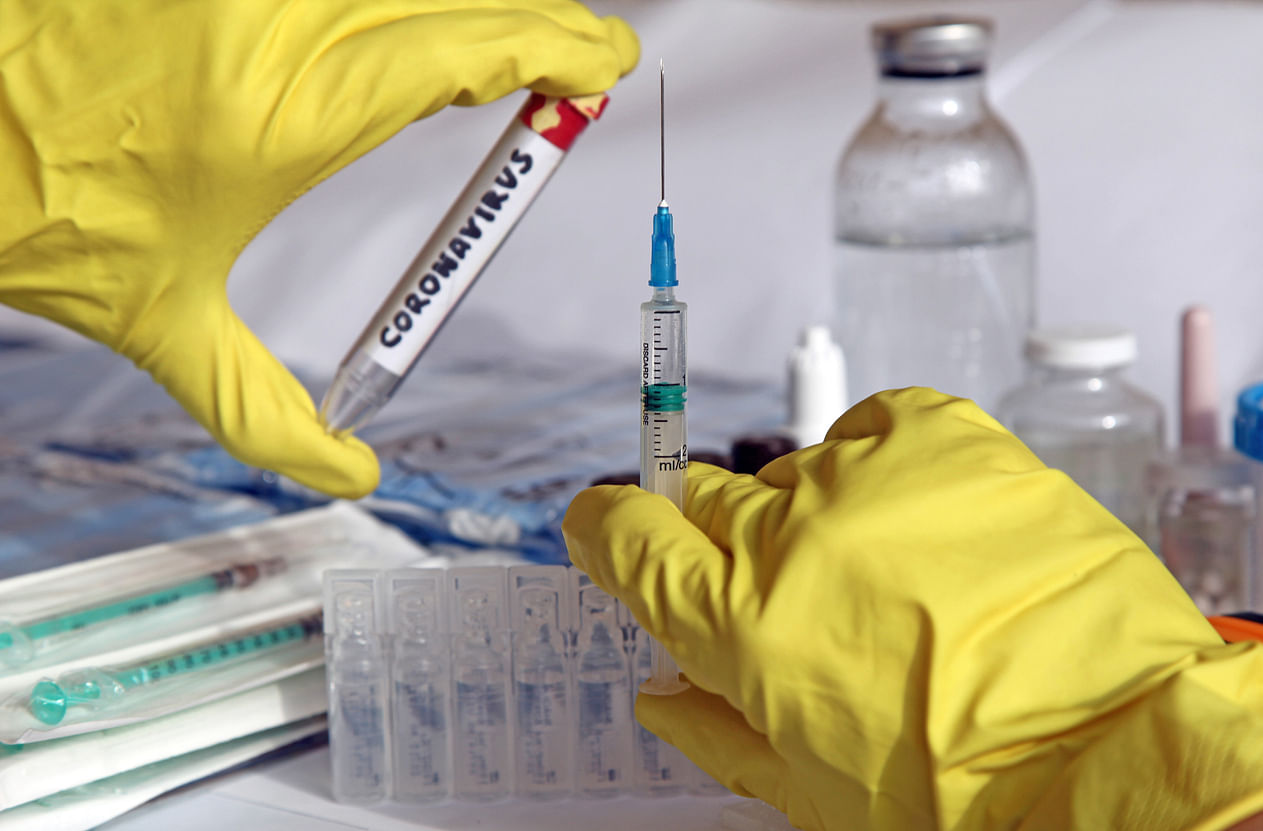Widely used drugs to control high blood pressure may help protect against severe COVID-19, a new study found, allaying concerns that they could make the illness caused by the coronavirus worse.
Overall, patients with high blood pressure did have twice the risk of death and were more likely to need mechanical ventilation to help them breathe than those without hypertension - a known risk factor - researchers reported on Thursday in the European Heart Journal.
But those taking any type of medicine to control their blood pressure had a significantly lower risk of death from COVID-19 than those not treated for their hypertension in the study of nearly 2,900 patients admitted in February and March to Huo Shen Shan Hospital in Wuhan, China - the original epicenter of the pandemic.
By pooling data from prior studies, the research team also found blood pressure drugs from the classes known as ACE inhibitors and ARBs in particular might be associated with a lower risk of death from COVID-19.
Several papers had suggested the drugs may increase COVID-19 susceptibility.
"We were quite surprised that these results did not support our initial hypothesis; in fact, the results were in the opposite direction, with a trend in favor of ACE inhibitors and ARBs," said coauthor Fei Li of Xijing Hospital in Xi'an, China.
The evidence so far is from observational studies rather than randomized trials, but for the time being, "we suggest that patients should not discontinue or change their usual antihypertensive treatment unless instructed by a physician," Li said.
The American College of Cardiology, American Heart Association and Heart Failure Society of America have recommended that patients continue the hypertension drugs prescribed to them.
The results open the door to the possibility that these drugs could be studied as a treatment for COVID-19, Dr. Luis Ruilope of the Hospital Universitario 12 de Octubre in Madrid wrote in an editorial in the journal.
